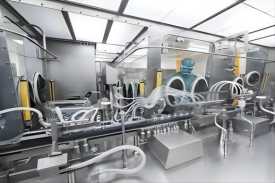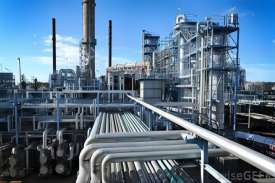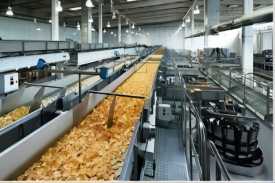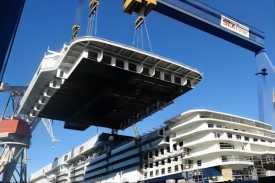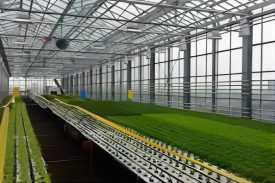
- Home
- Pipe
- Tube
- 304 stainless steel tube
- 304L stainless steel tube
- 316L stainless steel tube
- 310S stainless steel tube
- 321 stainless steel tube
- 201 stainless steel tube
- 201H stainless steel tube
- 409L stainless steel tube
- 430 stainless steel tube
- 439 stainless steel tube
- 441 stainless steel tube
- 2205 stainless steel tube
- 2507 stainless steel tube
- Stainless steel round tube
- Stainless steel square tube
- Stainless steel rectangular tube
- Stainless steel oval tube
- Stainless steel slot tube
- Stainless steel sanitary tube
- Stainless steel exhaust tube
- Stainless steel heat exchanger tube
- Perforated stainless steel tube
- Stainless steel handrail tube
- Stainless steel pressure tube
- Polished stainless steel tube
- Thin wall stainless steel tube
- 25mm stainless steel tube
- 22mm stainless steel tube
- 12mm stainless steel tube
- 1 inch stainless steel tube
- 2 inch stainless steel tube
- 2×2 stainless steel tube
- 3/8 stainless steel tube
- 4 diameter stainless steel tube
- Stainless Grades
- Standards
- Industry
- About Us
- Calculator
- Contact Us
